
In this video, classical education expert and author of The Well-Trained Mind, Susan Wise Bauer, describes the first period of a classical education: the grammar stage. She explains how parents and educators can optimize their teaching to reflect the unique strengths and weaknesses of grammar stage students.
(Scroll Below for an Overview of the Video)
How Do We Teach Grammar Stage Students?
In the grammar stage, a student’s strength is their capacity to absorb information easily. Oftentimes for young children (1st through 4th grade), memorization is fun! Your task at this stage is to give students the raw materials that they will eventually use to recognize patterns and begin to think critically. Conduct nature studies, tell them stories about the past, drill math facts – stimulate their burgeoning curiosity with new facts and information. They enjoy learning new things!
In the grammar stage, a student’s weakness is that they still have not developed the capacity for abstract thought. When students are young, they simply do not have enough life experience or information in their brains to form patterns. One common pitfall of the grammar stage is to push students to do work they are not developmentally ready for. During this stage, that is okay. Students do not need to form value judgements or develop their own opinions. They simply need to absorb information.
How We Teach Subjects in the Grammar Stage:
- Reading: lay a foundation of phonics and establish the habits of reading
- Spelling and Grammar: study of rules, basic usage, mechanics
- Mathematics: basic math facts and concepts (arithmetic)
- History: focus on stories and biographies
- Literature: “what happened?”
- Writing: summaries
- Science: nature study, exploring the scientific disciplines
Grammar school kids crave stability, routine, and repetition. Until they see the patterns of life repeat over and over again – the world is scary and unpredictable. So young children do not mind repeating things or memorizing things. Take advantage of this golden time to teach your children information about the world that they will carry with them forever.
Recommended Products
-

Juneteenth Booklist & Activities
0 out of 5$0.00 Add to cart -
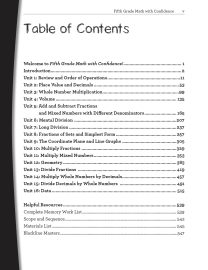
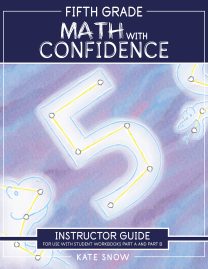
Fifth Grade Math with Confidence Instructor Guide
0 out of 5Starting at:$36.95Original price was: $36.95.$27.71Current price is: $27.71. Select options -
Sale!

Hansel & Gretel and Other Stories: Downloadable MP3
0 out of 5$12.95Original price was: $12.95.$9.71Current price is: $9.71. Add to cart -
Sale!

Dorothy and the Wizard in Oz: Downloadable MP3
0 out of 5$25.95Original price was: $25.95.$19.46Current price is: $19.46. Add to cart -
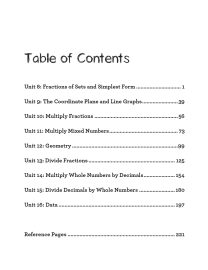 Sale!
Sale!
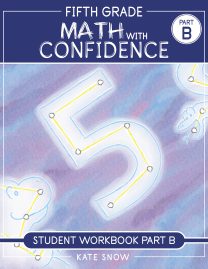
Fifth Grade Math with Confidence Student Workbook B
0 out of 5$16.46 – $21.56 Select options This product has multiple variants. The options may be chosen on the product page -
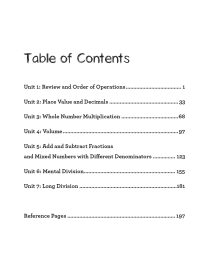 Sale!
Sale!
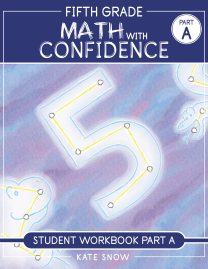
Fifth Grade Math with Confidence Student Workbook A
0 out of 5$16.46 – $21.56 Select options This product has multiple variants. The options may be chosen on the product page
ABOUT THE AUTHOR
Susanna Jarrett
Join over 100,000 homeschooling families
For the latest offers, educational insights, products and more.
By joining you agree to our privacy policy.









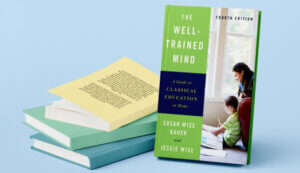







2 thoughts on “Teaching The Grammar Stage — Classical Education (VIDEO)”
I have children who are no longer Grammar Stage age, but have not had the benefit of this foundational work. Is it worthwhile to go back and repair those deficiencies, or is it most likely they will overcome them in the subsequent stages? Thank you kindly.
Hi Kim! The stages of a classical education align with a child’s natural stages of development. For example, younger children (grammar stage) typically enjoy memorizing raw information and are not ready for too much abstract thinking. Meanwhile, older children (logic stage) no longer accept raw information. They have follow-up questions, like “how do you know?” and “why is it that way?”. You can still use some memorization and drills with your older students, but they likely won’t respond well if you make that central to their school day.
However, the trivium (grammar, logic, rhetoric) also describe how we learn something from start to finish. So while your older children will not go back fully to be grammar stage students, you can still apply the trivium to practicing new skills. For example, if you ask your logic-stage student to write two paragraphs about the War of 1812, first they will need to learn the grammar (raw facts) about the war. They may also need to review some English grammar as well (can they write a cohesive sentence? Do they know how to organize sentences into logical sequences?). Once they have reviewed and mastered the grammar stage elements of the assignment, they can move swiftly on to the logic stage task of organizing the information into paragraphs.
So I suppose the short answer to your question would be yes and no. No, don’t try to force your students to go backwards to concrete thinking when they are ready for abstract thinking. But yes, you can use the principles of the trivium to ensure they are fully prepared for each assignment they are tasked with, even if that means going back and doing some review before moving on to the more challenging part of the task.